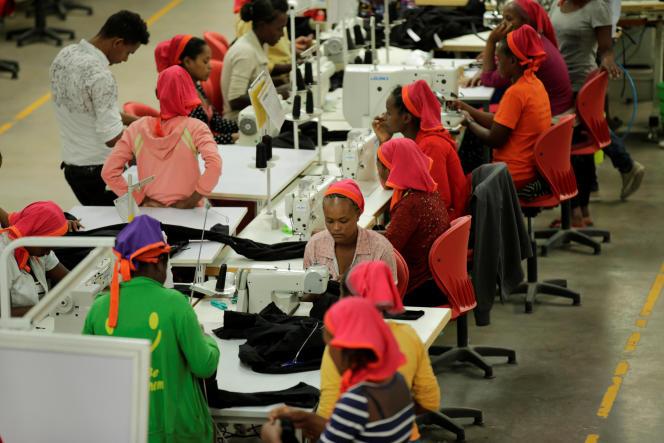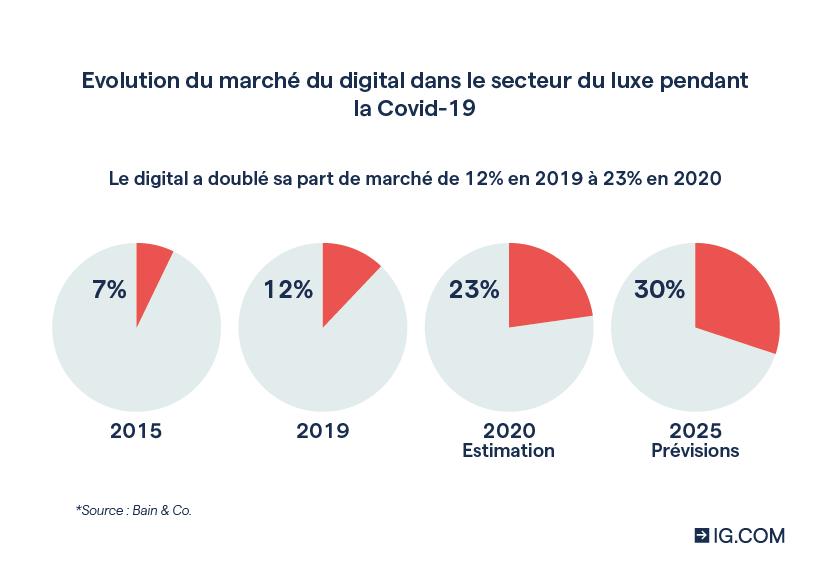In Ethiopia, the little hands of H&M or Calvin Klein earn 23 euros per month
Les salariés des usines de vêtements d’Ethiopie, qui travaillent pour des marques comme Guess, H&M ou Calvin Klein, sont les moins bien payés au monde, avec seulement 26 dollars (23 euros) par mois, selon un rapport rendu public mardi 7 mai.
Ethiopia, which aims to become the main manufacturing center of the continent, has attracted investors by putting forward the disposition of employees to work for less than third party wages of Bangladesh workers, affirms the report of the Stern for business and business andHuman rights at New York University.According to this study entitled "Made in Ethiopia: the challenges of the new border of the clothing industry", employees of Bangladesh, notoriously poorly paid, earn 95 dollars per month, those of Kenya 207 dollars and those of China 326 dollars.
"Rather than the docile and inexpensive work force promoted in Ethiopia, the suppliers based abroad have met employees who are unhappy of their remuneration and their living conditions and who want to protest more and more by ceasing workOr even by resigning, declares the deputy director of the center, Paul Barrett.In their eagerness to create a brand "Made in Ethiopia", the government, the world brands and foreign manufacturers did not plan that the basic salary was simply too low for workers to live.»»
Repeated strikes and strong turnover

According to the report, the employees of the confection, among whom many women, find it difficult to get out of it, are very little formed and cultural conflicts oppose them to the leaders of the factories, from Asia.The study has looked into the Hawassa industrial park (South), one of the five industrial centers inaugurated by the government since 2014, which has used 25,000 people and manufactures clothes for brands around the world.Ultimately, around 60,000 people should work there.Chinese, Indian and Sri Lankan companies have opened factories in this park.
The government hopes that clothing exports, which currently represent $ 145 million a year, will climb around 30 billion. Un objectif qui « paraît irréaliste»», selon le rapport, ne serait-ce que parce que les bas salaires ont entraîné une productivité médiocre, des grèves à répétition et un fort turn-over.Factories have replaced all of their employees every twelve months on average, indicates the report.
Ethiopia is the second most populated country in Africa, with some 105 million inhabitants who still live far from agriculture and face droughts and poverty.The Stern center calls on the Ethiopian government to establish a minimum wage and develop a long -term economic plan to strengthen the clothing industry.
The world with AFP
See contributions








